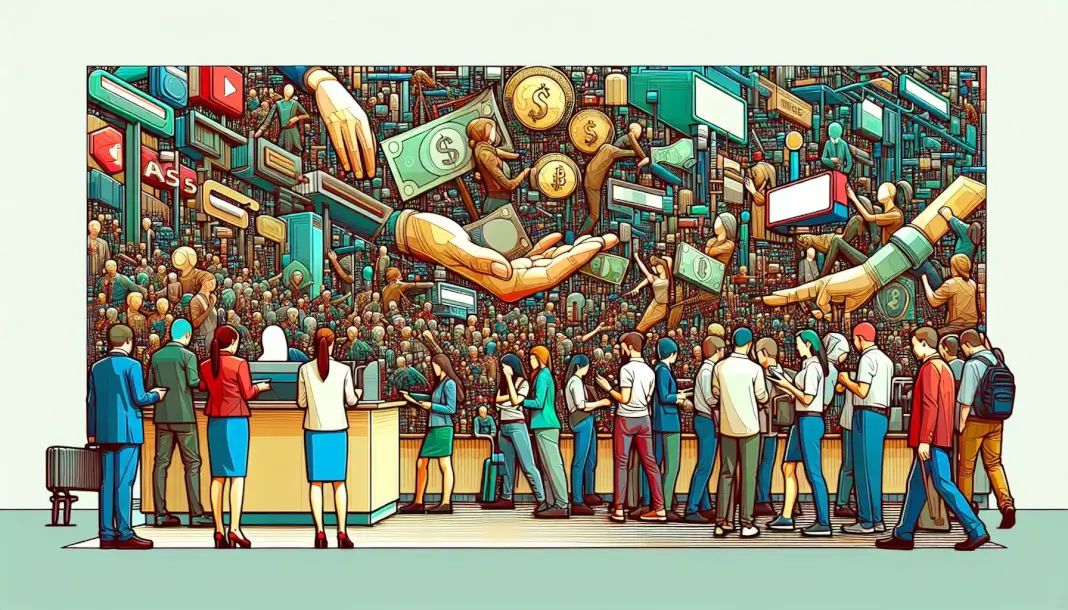KEY TAKEAWAYS
- The Cardano Foundation has become a Delegated Representative (DRep), enhancing its role in Cardano’s governance.
- DReps in Cardano’s governance system hold voting rights on proposals, influencing protocol updates and fund allocations.
- Voting power in Cardano is proportional to the delegated stake in ada, ensuring a decentralized governance model.
- The Cardano Foundation is also part of the interim Constitutional Committee, focusing on constitutional governance matters.
The Cardano Foundation has announced its enhanced involvement in Cardano’s governance processes by becoming a Delegated Representative (DRep) with the ID: drep1ydpfkyjxzeqvalf6fgvj7lznrk8kcmfnvy9hyl6gr6ez6wgsjaelx. This role allows the Foundation to participate more actively in shaping the future of Cardano alongside its community.
Within Cardano’s governance framework, DReps hold significant responsibilities. They exercise voting rights on proposals that support various developments, including protocol parameter updates and treasury fund allocations. Any individual or entity can register as a DRep and participate in Cardano Governance Actions, which are on-chain proposals put to a vote. This inclusive approach fosters a dynamic and participatory governance model, empowering a broad range of stakeholders to contribute to Cardano’s evolution.
Voting Power and Governance Dynamics
To prevent hostile actors from compromising Cardano’s governance system by generating multiple DReps, voting power is proportional to each DRep’s delegated stake in ada. One lovelace (0.000001 ada) equals one vote. Ada holders can register as a DRep to participate directly in voting on Governance Actions or delegate their voting stake to a trusted DRep to exercise voting power on their behalf.
This framework encourages active community members to articulate their values and long-term goals for Cardano. By clearly communicating their vision, DReps aim to attract delegated voting power from community members who prefer less direct engagement in governance processes. This dynamic cultivates a diverse and representative leadership landscape within the Cardano ecosystem.
Future Developments and Constitutional Committee Role
Following the next hard fork, projected for January 2025, the role of stake in Cardano will expand beyond block production and rewards acquisition. By delegating ada to a DRep, stakeholders can directly influence the development of the Cardano blockchain. Each vote is crucial in ensuring Cardano remains decentralized and community-driven.
The Cardano Foundation also holds a position on the interim Constitutional Committee (CC), focusing on constitutional matters aligned with the Cardano Constitution. The CC’s primary role is to assess the constitutionality of Governance Actions. The Foundation will maintain transparency by clearly communicating its voting rationale for decisions across both DRep and CC activities.
For more information on the role of DReps in Cardano’s governance, refer to CIP 1694. The Foundation’s commitment to fostering a decentralized, secure, and resilient Cardano ecosystem is detailed here.
Explore More News:
Disclaimer: The views expressed in this article are those of the authors and do not necessarily reflect the official policy of CoinsHolder. Content, including that generated with the help of AI, is for informational purposes only and is not intended as legal, financial, or professional advice. Readers should do their research before taking any actions related to the company and carry full responsibility for their decisions.

